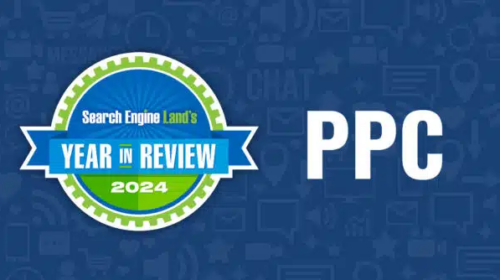Google Ads to limit Search Terms reporting, citing privacy
The impact will depend on what “significant” means, but advertisers are likely to lose visibility into at least some of the queries they pay for.
“We are updating the search terms report to only include terms that were searched by a significant number of users. As a result you may see fewer terms in your report going forward,” the notice says.
Google’s statement. “In order to maintain our standards of privacy and strengthen our protections around user data, we have made changes to our Search Terms Report to only include terms that a significant number of users searched for. We’re continuing to invest in new and efficient ways to share insights that enable advertisers to make critical business decisions,” a Google spokesperson told Search Engine Land Wednesday.
What does “significant” mean? The impact of this change and affect on advertisers’ campaigns and budgets will largely depend on how Google defines “significant.”
Right now, it’s quite common to see search terms with one impression or one click in search term reporting. We can expect that will no longer be the case when this change takes effect, but beyond that, we’ll have to wait and see what the thresholds look like.
Why we care. The purpose is to keep advertisers from being able to use minimal query data to identify users or have access to any personally identifiable information (PII) users may include in their search queries. Protecting user privacy makes sense, of course, but one would hope there would be some nuance to the data that’s withheld.
Google already limits query data in Search Console for this reason. The difference, of course, is advertisers pay whenever a users clicks on an ad triggered by a users’ query. The loss of this data could have real financial implications for advertisers. Advertisers won’t know what we can’t see.
If this really is just the culling of some sensitive queries, fine. But that’s not how this statement reads. There are thousands upon thousands of low-volume queries with zero privacy risk.
Negative query management. With the constant expansion of close variants, advertisers have much less control over the queries that trigger their ads. Advertisers have had to shift from a positive keyword management to a negative keyword management approach to keyword optimization. That means search terms reports have become more important than ever.
As @PPCRachel notes in the tweet shown above, not having access to this data means advertisers won’t be able to determine if those queries should be added to negative keyword lists to make their campaigns more efficient.
While negating a single, low-volume keyword might have limited impact (unless you’re in a pricey vertical), in aggregate the costs on these low-volume keywords add up. Depending on how “significant” this change is, it may mean advertisers won’t be able to run an n-gram analysis on groups of lower-volume keywords to understand what words or phrases are working and which ones are not.
Access via Reports? Kirk Williams of Zato wondered if advertisers will still be able to get this data from the downloadable Search Terms report. The answer is no — Google will no longer make this data available at all.





